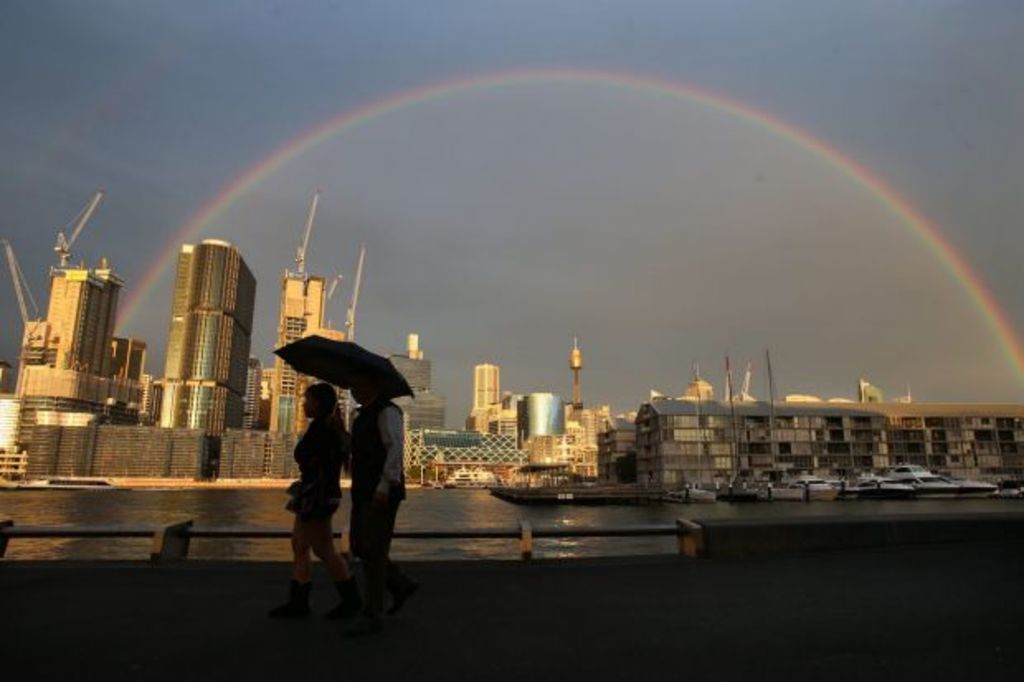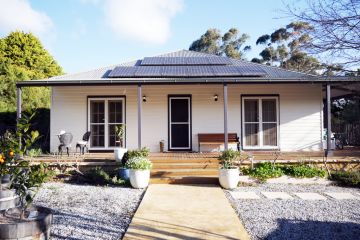'It's all good': National property confidence hits new high, Property Council survey finds

Confidence in the Australian property sector has hit a fresh record high, according to the latest ANZ-Property Council survey, as states continue to overtake NSW as it falls from high levels.
Strong overall optimism was expressed in the latest survey of more than 1000 property industry professionals, with weakness recorded in NSW residential price expectations but positivity in future construction prospects and commercial property.
All states except Queensland now outrank NSW in terms of local property optimism, and South Australia has toppled Victoria to be the most optimistic.

ANZ head of Australian economics David Plank and senior economist Daniel Gradwell pointed to a convergence of the states as helping to lift the index to a fresh high.
“The ANZ-Property Council Survey for the June quarter gives very positive feedback on Australia’s property sector,” Mr Plank and Mr Gradwell wrote in the report, adding “the convergence in optimism across the states remains a highlight”.
“It is the first time since the survey commenced that the states’ optimism has been so well aligned, let alone at such a high level.”
While rising general confidence across the states was noted, the sector breakdown reveals points of strength and weakness.
Mild national improvement in residential property price expectations are reported, with the exception of NSW, where 11 per cent of respondents expect house prices to fall in the next 12 months.
“We believe that the worst of the price falls are now behind us, Sydney included, and expect to see prices nudge higher, albeit only marginally, toward the end of this year,” the economists wrote.
Retail property posted a “very weak” result, with only 2 per cent of respondents expecting prices to rise over the next year – down from over 40 per cent this time last year.
But commercial property expectations, aside from retail, remain strong, the report showed.
Noting the easing growth in NSW property confidence, Property Council NSW executive director Jane Fitzgerald said the upcoming budget will be of key importance.
“The NSW government performance index is also at its lowest point since June 2014,” Ms Fitzgerald said.
“The release and implementation of key planning reforms over the next six months, including important housing codes and a strong state budget, should contribute to halting this slide.
“Now that we are in the midst of an election year, the upcoming budget will be important to send a message to the industry.”
ANZ boosts price estimate just two weeks after previous forecast
At the same time, ANZ economists have also boosted their national property price expectations to forecast a 2 per cent gain this year and 4 per cent lift next year.
Economists Jack Chambers and Joanne Masters lift their house price forecast, just two weeks after the previous update.
House prices are now expected to rise 2 per cent in 2018, year-on-year, and 4 per cent in 2019.
The bank sees delays to Reserve Bank interest rate hikes as a key driver of house price growth, but sees a potential hike in 2019 as a “slight drag on that year’s prediction”.

Standing at odds with other economists
ANZ’s latest forecast stands at odds with several other economists, with AMP chief economist and head of investment strategy Shane Oliver predicting a 5 per cent fall this year from Sydney and Melbourne house prices.
UBS economists, meanwhile, have repeatedly voiced concerns over the regulatory response to the banking royal commission, which could see access to mortgage finance dry up and negatively affect house prices.
Morgan Stanley strategists have said they are “cautious on the outlook for not just housing, but the broader economy in 2018”.
Credit Suisse and Capital Economics have also pointed to concerns surrounding tighter banking regulations in the future.
We recommend
We thought you might like
States
Capital Cities
Capital Cities - Rentals
Popular Areas
Allhomes
More







